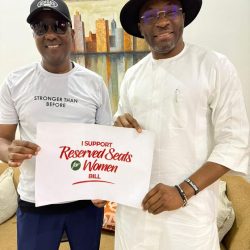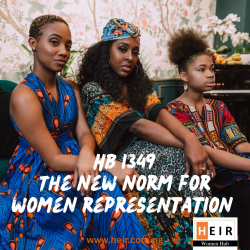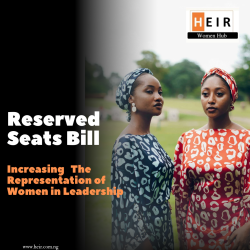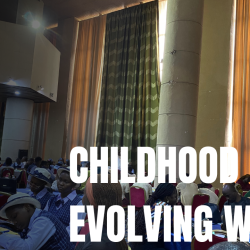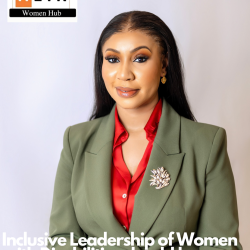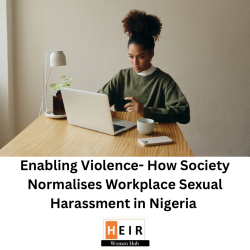The Curious Case of the Reserved Seats Bill – A Demonstration of Leadership.
In academic research to determine the influence of fathers on entrepreneurship abilities, an analysis of an interview of 21 daughters revealed that indeed, their father’s perception does influence the daughters’ entrepreneurial capabilities. In different scientific research to investigate fathers’ impact on children’s academic success, the study affirmed that there is indeed a remarkable positive difference when children gain the academic support of their fathers. Another research on father-daughter vision as a determining factor in family businesses discovered that fathers can create a shared vision with daughters and enable them overcome gender barriers once there is communication and understanding of the daughter’s career interests and path as well as the structural bias she may face.

